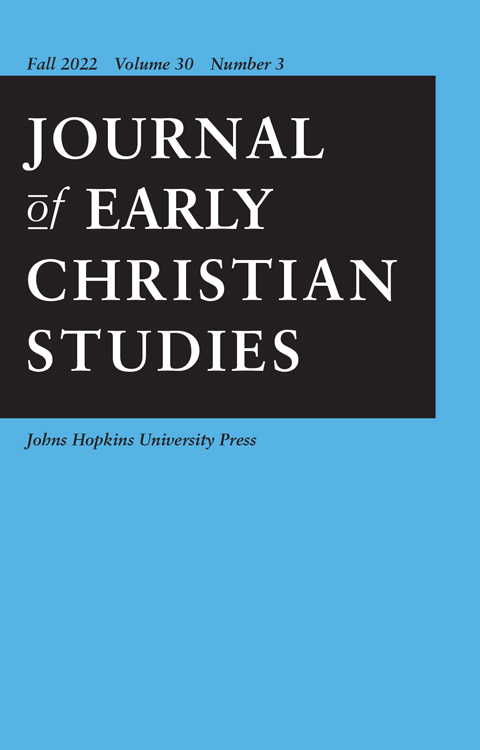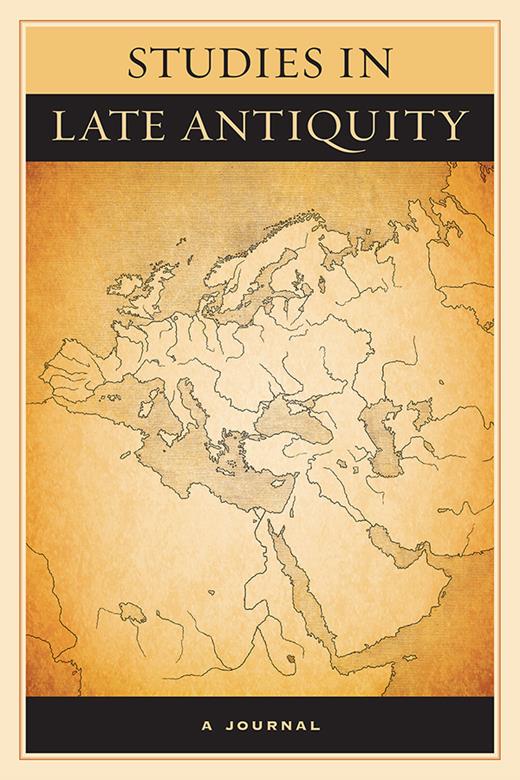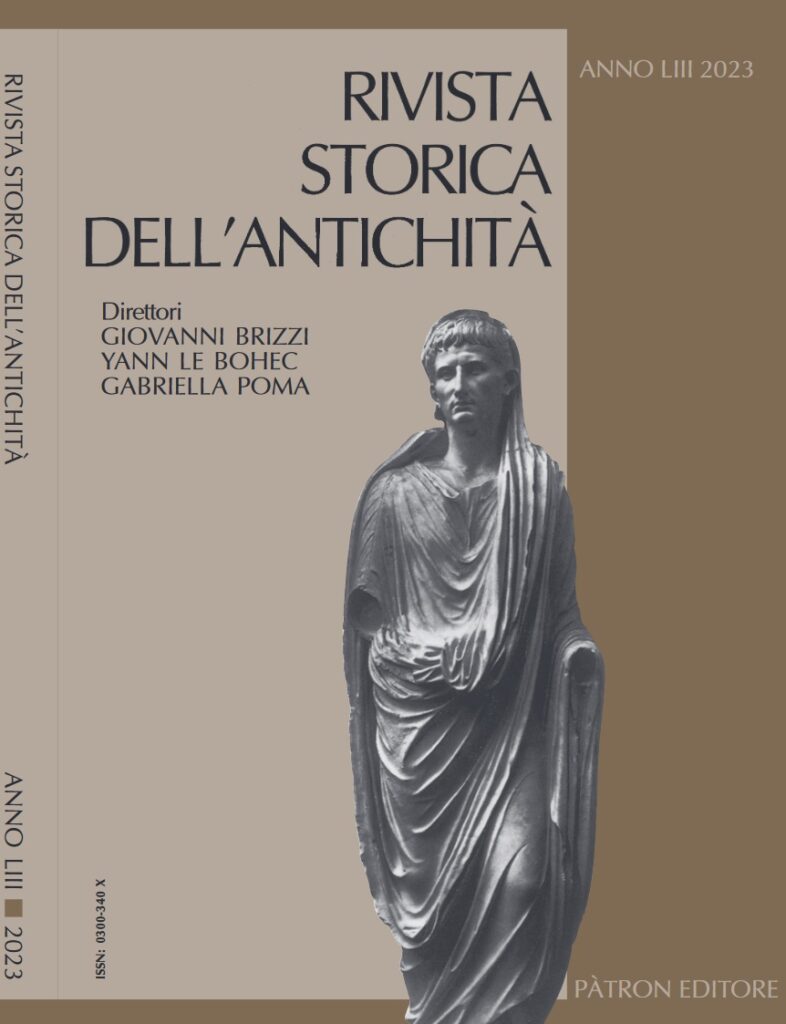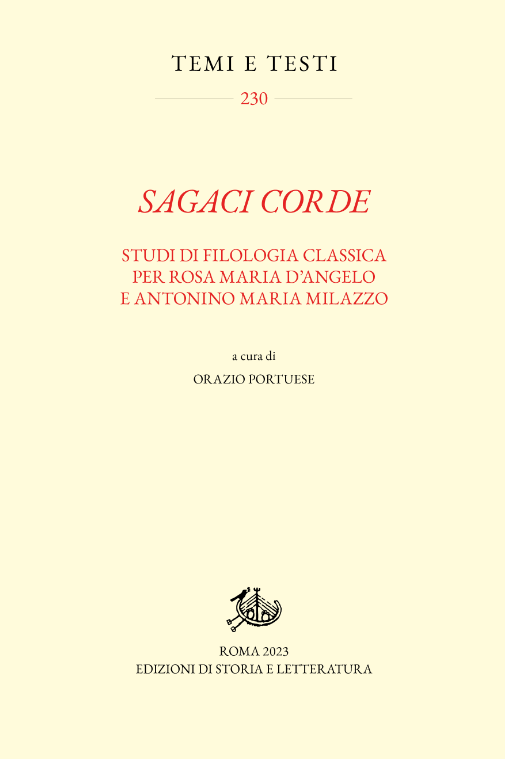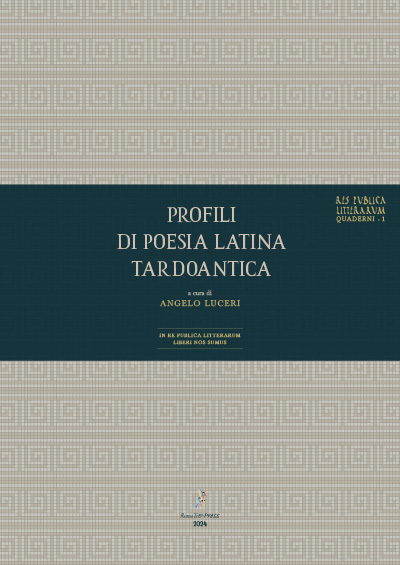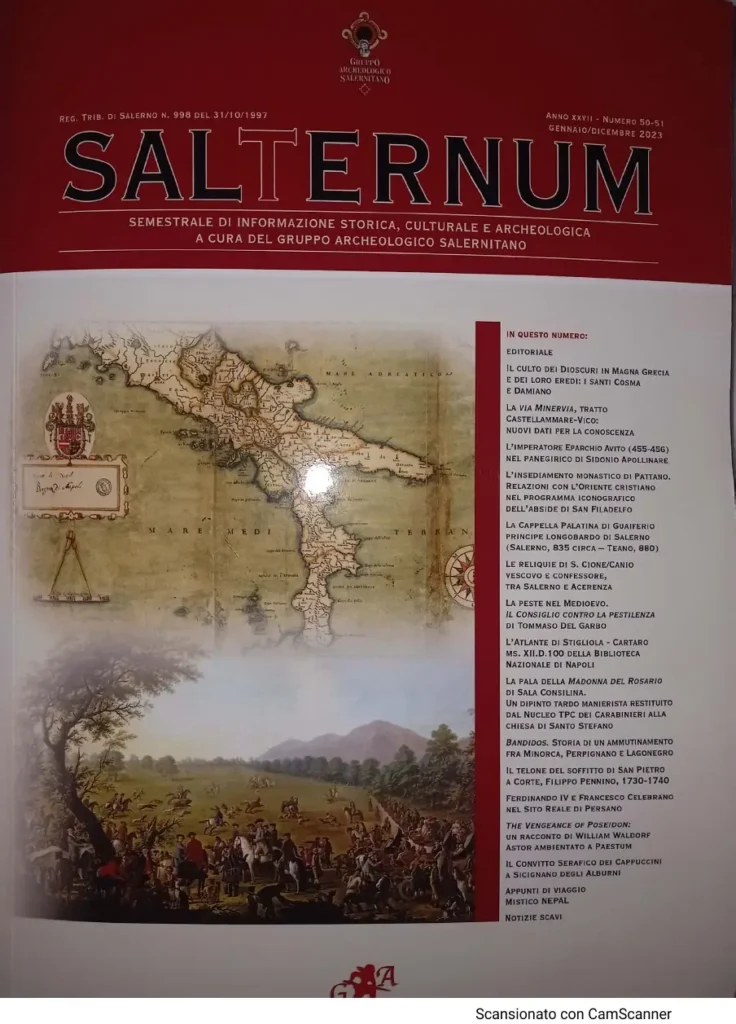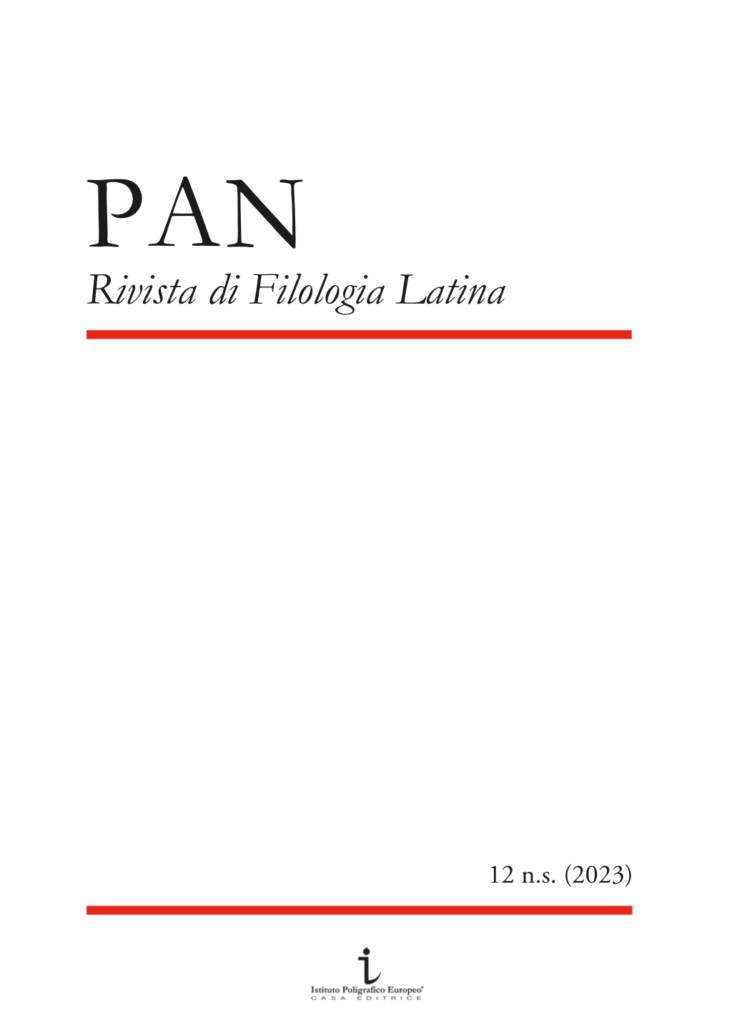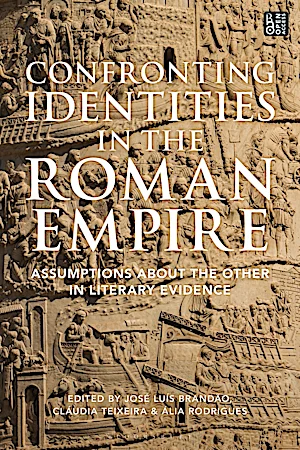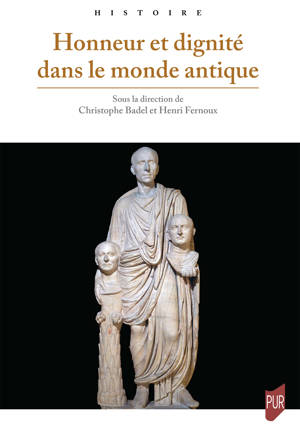John-Henry Clay, ‘Claiming the Wilderness in Late Roman Gaul’, JECS 30 (2022) 403-32.
Abstract. To the educated classical mind, the cosmos was built on a dichotomy between order and chaos that permeated the physical and natural world. Wilderness was a manifestation of chaos, while human civilization reflected the principles of order. Due to a tradition of classical education, this dichotomy helped structure the response of educated Gallo-Romans to the Christian desert tradition as its ideals spread to the west. Despite the appeal of monastic asceticism, its association with the desert provoked suspicion among those trained to regard wilderness as the antithesis of civilization and culture. It is, however, possible to detect an evolution in attitudes over the last century of Roman rule in Gaul, as successive generations responded to social and political transformations and developed new ways of relating to the natural world. Includes discussion of Paulinus of Nola, Sulpicius Severus, Rutilius Namatianus, John Cassian, Eucherius, Sidonius Apollinaris, and other authors.

